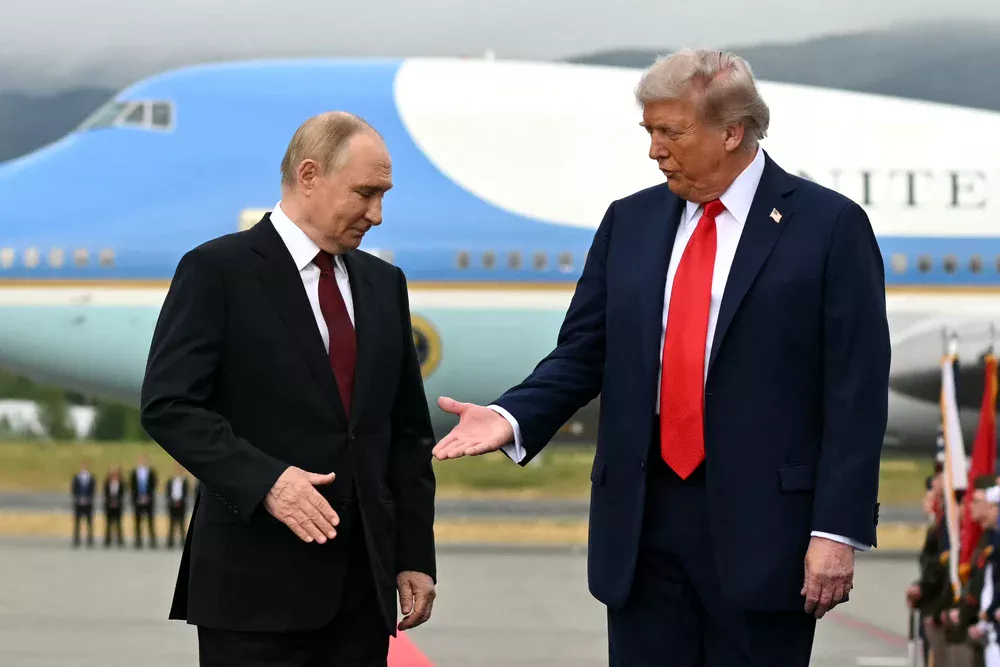As often happens around American President Donald Trump, his “peace” plan for Ukraine was initially outlined by people with direct access to the White House leader, but without official duties in foreign policy. The document is now being revised under the pressure of increasingly intense public attention.
In this context, the central question arises: can Trump obtain real concessions from Vladimir Putin? According to the analysis published by The Wall Street Journal, it is unlikely. The Kremlin might accept a deal only if it would offer significant control over Ukraine’s future, but any agreement that would highlight Russia’s costs and weaknesses after the war would have minimal chances of being approved by the Russian leader.
If Trump cannot obtain concessions from Moscow, notes columnist Holman W. Jenkins Jr., then it remains irrelevant if he can obtain concessions from Kiev. At some point, however, Ukraine will probably try to use the last lever it has — accepting a ceasefire — even if this gesture would strain relations with some of its own allies.
Western Fears
The United States and NATO are, in fact, worried about the prospect of ending the conflict under the current conditions, notes the WSJ analysis. A ceasefire that would leave Russia with sufficient military capabilities could reopen other fronts in the region. Therefore, the West is betting on a stable, well-armed Ukraine integrated into a European security system — a goal that involves substantial long-term investments, including in the scenario of a peace plan promoted by the Trump administration.
Although Trump continues to enjoy the authority of his office and influence over the Republican electorate, the columnist highlights his political vulnerabilities: pressures related to tariffs, slowdown in the industrial sector, delicate episodes such as the Epstein case, and the recent defeat in the debate on affordable housing against the mayor of New York, Zohran Mamdani.
Read more HERE

